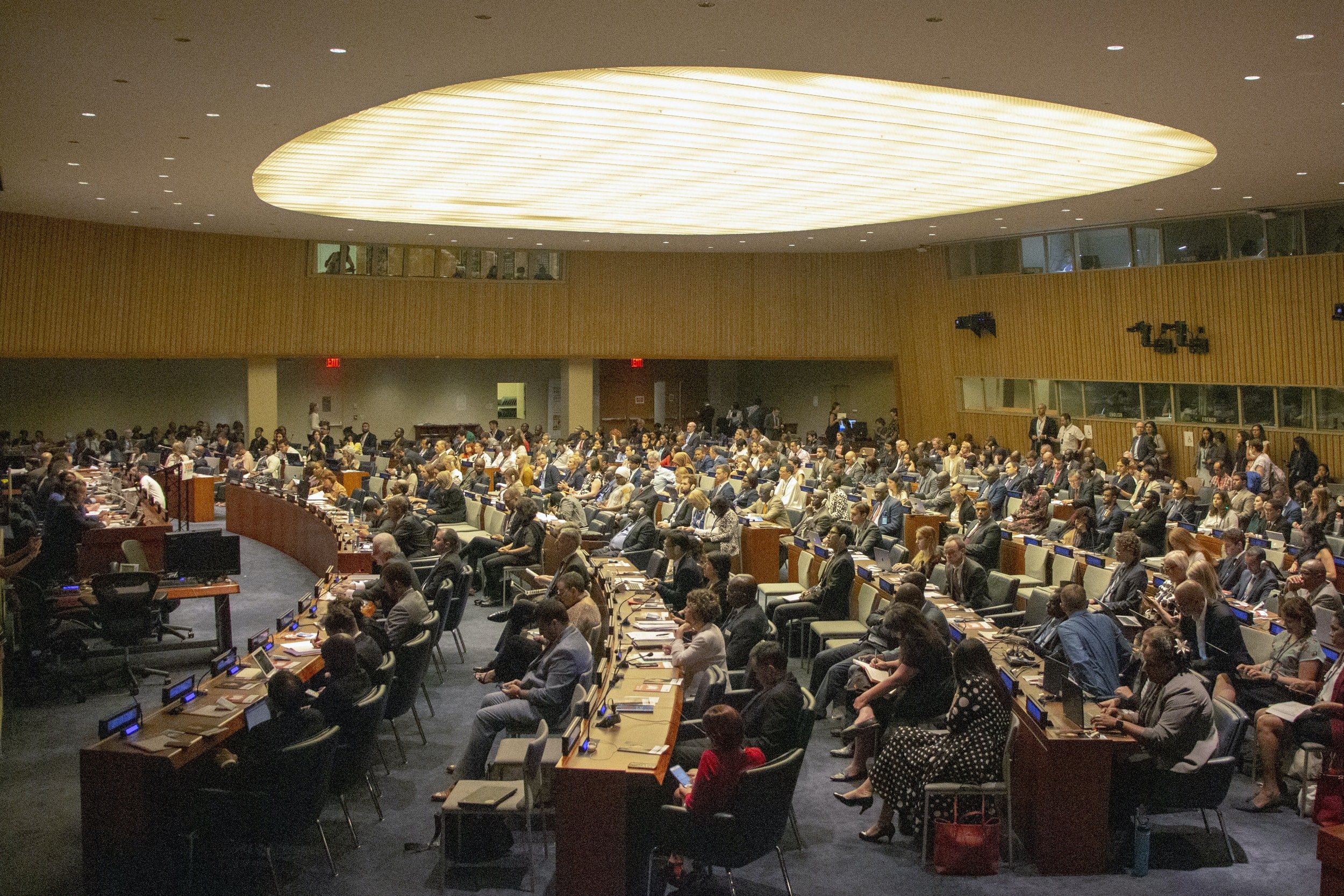
The Security Council's Role in Fulfilling the Responsibility to Protect
The principle of the responsibility to protect (RtoP) conceives of a broad set of measures that can be employed in preventing and responding to atrocity crimes. Nevertheless, the UN Security Council remains an important part of the implementation architecture, given what the International Commission on Intervention and State Sovereignty referred to as its authoritative position in international society as the “linchpin of order and stability.”
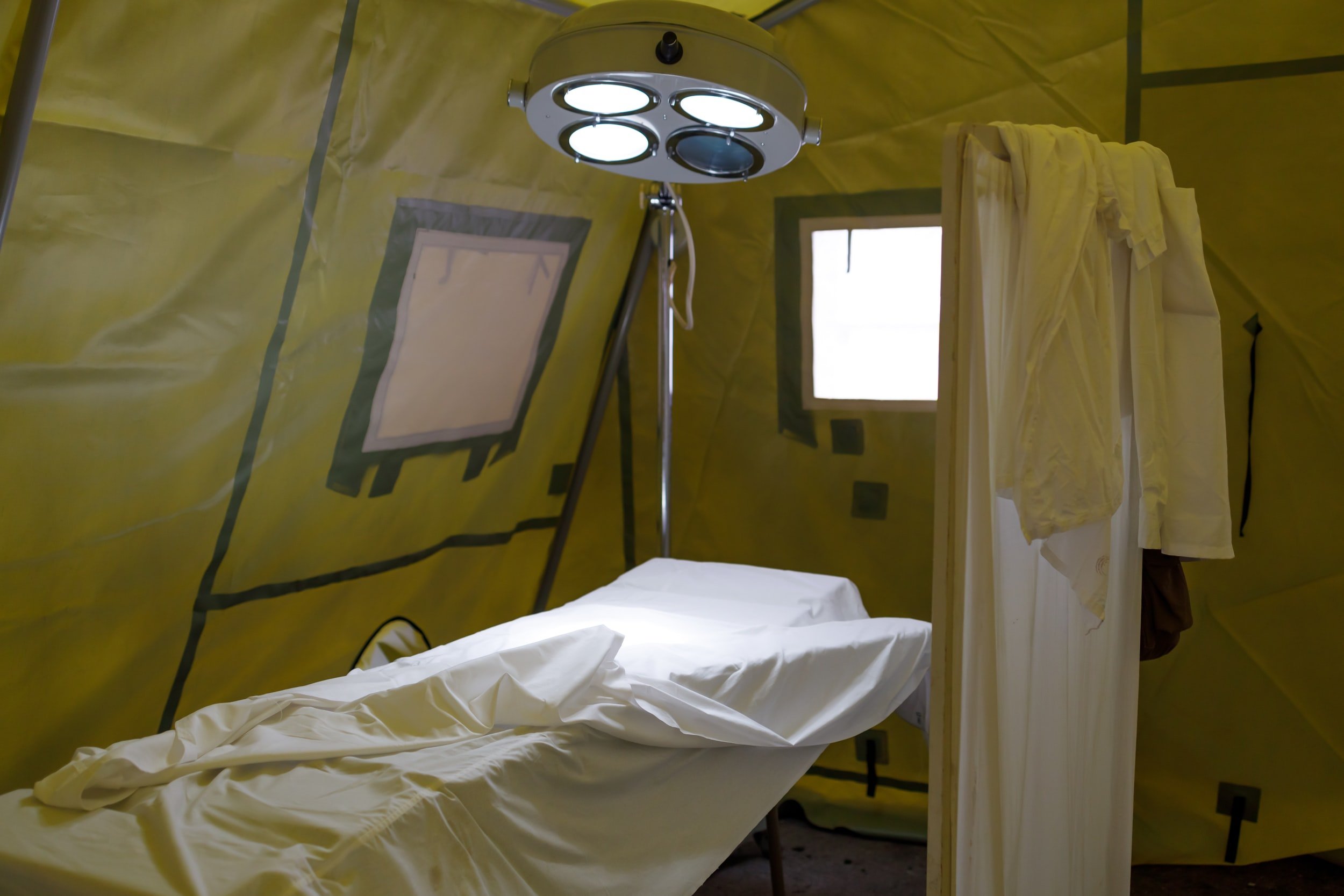
The political and security dimensions of the humanitarian health response to violent conflict
The nature of armed conflict throughout the world is intensely dynamic. Consequently, the protection of non-combatants and the provision of humanitarian services must continually adapt to this changing conflict environment. Complex political affiliations, the systematic use of explosive weapons and sexual violence, and the use of new communication technology, including social media, have created new challenges for humanitarian actors in negotiating access to affected populations and security for their own personnel. The nature of combatants has also evolved as armed, non-state actors might have varying motivations, use different forms of violence, and engage in a variety of criminal activities to generate requisite funds. New health threats, such as the COVID-19 pandemic, and new capabilities, such as modern trauma care, have also created new challenges and opportunities for humanitarian health provision. In response, humanitarian policies and practices must develop negotiation and safety capabilities, informed by political and security realities on the ground, and guidance from affected communities. More fundamentally, humanitarian policies will need to confront a changing geopolitical environment, in which traditional humanitarian norms and protections might encounter wavering support in the years to come.

Advancing Human Protection Through Multilateralism
The agenda to protect populations in situations of violent conflict faces an uphill battle in today’s multilateral institutions. Germany can prevent a backsliding on the agenda by pursuing pragmatic multilateralism that starts with an acknowledgement of its own responsibility for protection and a willingness to form coalitions with a new set of partners.
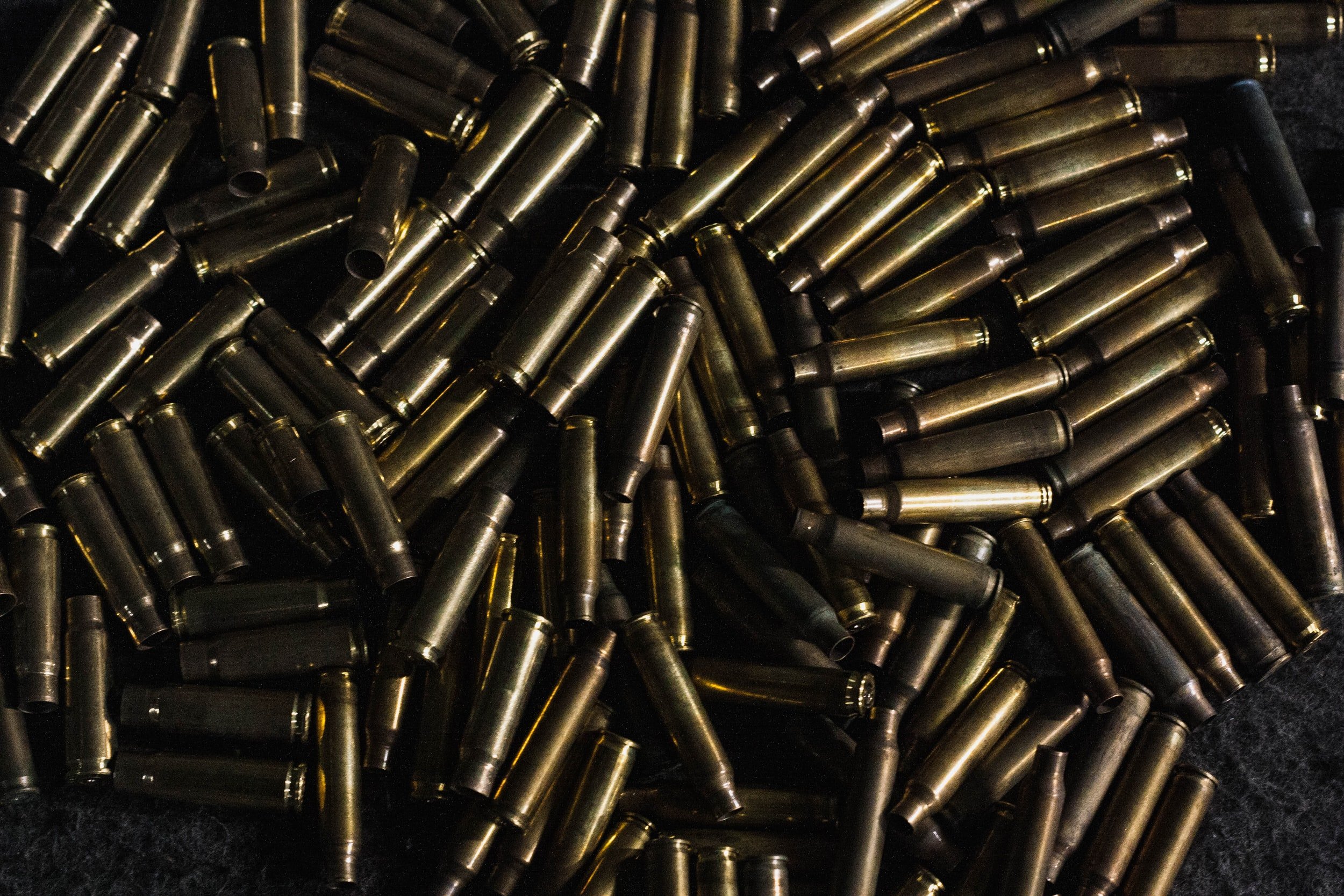
Desertion: Trust and Mistrust in Civil Wars

Cultural Production, Music and the Politics of Legitimacy: The Case of the FARC in Colombia
This article investigates the role of cultural production as a practice with important implications for rebel legitimacy.
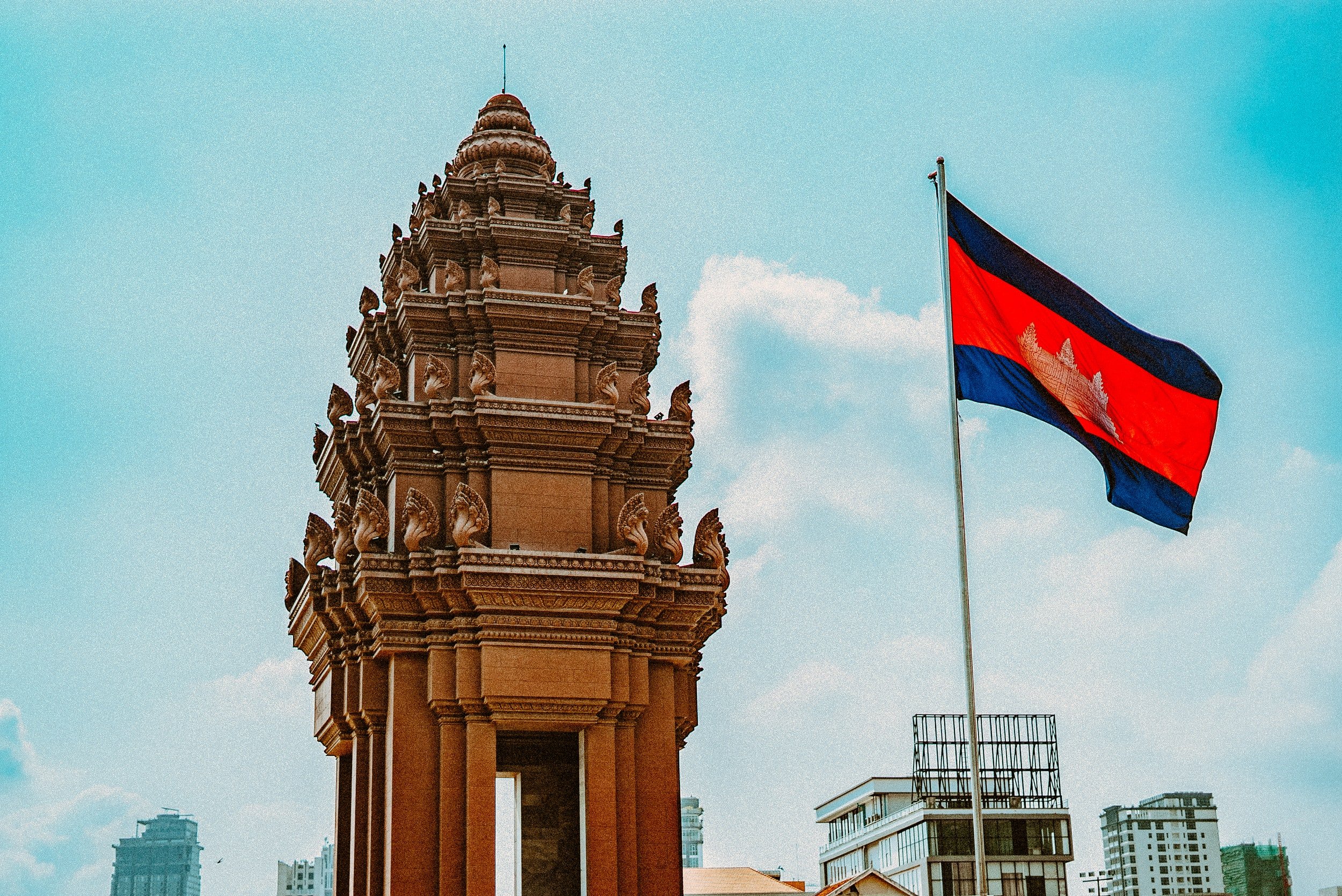
The Missing Picture: Accounting for Sexual and Gender-Based Violence during Cambodia’s ‘Other’ Conflict Periods
Local transitional justice (TJ) processes have performed an invaluable function in raising awareness about conflict-related sexual and gender-based violence. While locally-rooted praxis has been increasingly suggested as an alternative to the top-down approach to TJ, which is prone to interference, this article argues that well-intentioned local initiatives can also be distorted through discursive framing tactics that set boundaries on discussions of conflict-related events and obfuscate who can be deemed responsible. In Cambodia, this has meant a partial account of sexual and gender-based violence—one that is limited to the three-year, eight-month and 20-day rule of the Khmer Rouge, and that marginalizes survivor experiences from other episodes of the 30-year-long internal conflict. This article explores and traces the unintended consequences of this discursive frame on three local TJ efforts to address the legacy of conflict-related sexual and gender-based violence: forum theatre, women’s hearings and testimonial therapy.

Does US military training incubate coups in Africa? The jury is still out
Military officers overthrew Mali’s government in a coup d’état on August 18, 2020. Among the more worrying aspects of the coup is the fact that a number of the officers involved had received foreign training, most notably from the United States.
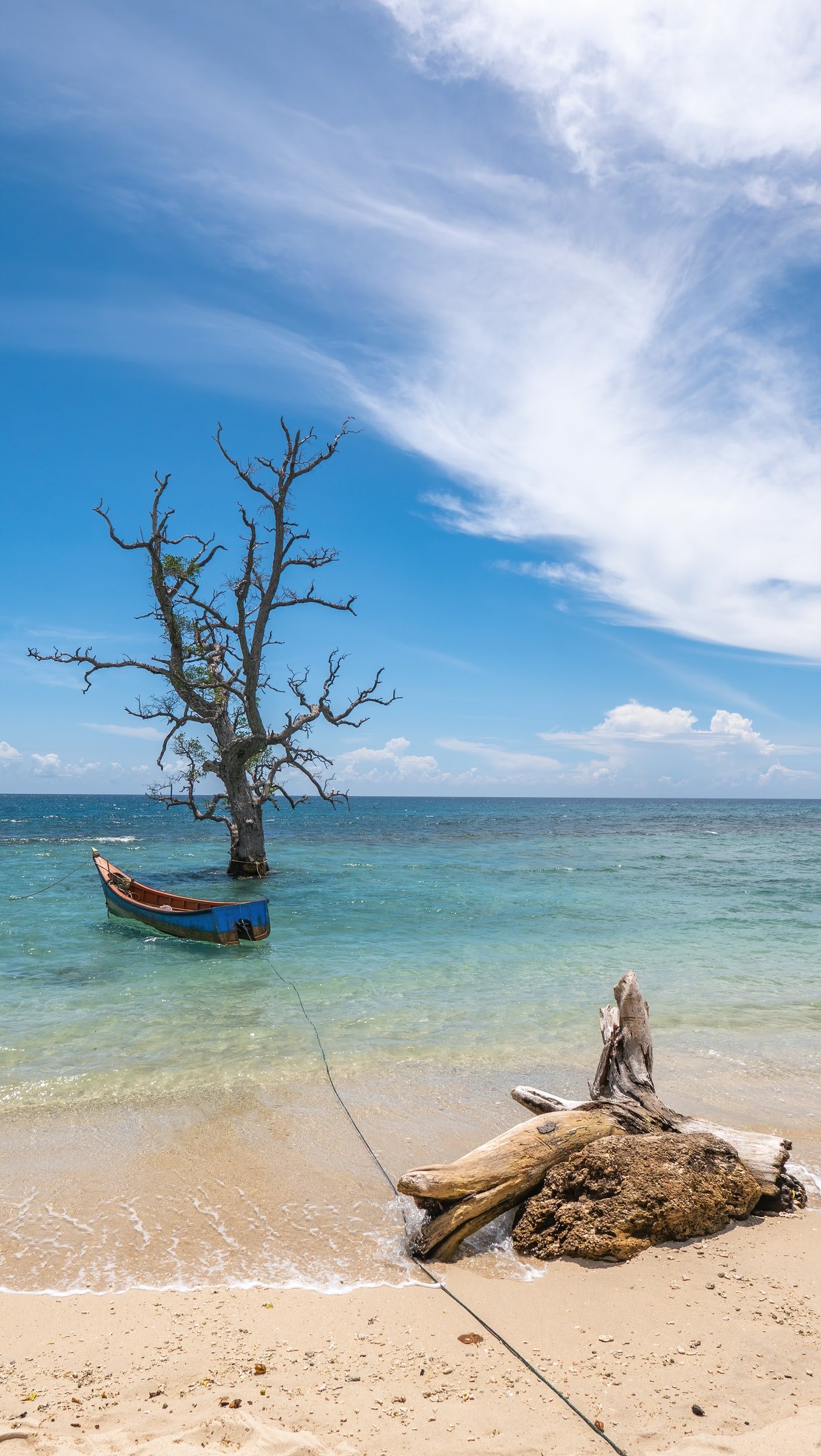
Kiribati : l'archipel au coeur de la lutte d'influence entre la Chine et les États-Unis
Quand on entend parler de Kiribati (prononcé Kiribas), c’est principalement à propos de la lutte contre les changements climatiques. La survie des 115 000 habitants de cet archipel est en effet menacée par la montée des eaux. Or cet État a fait l’objet d’une couverture médiatique dans les dernières semaines pour une autre raison : son élection présidentielle du 22 juin 2020.

La mémoire est déboulonnée, vive la mémoire!
Il y a les Bristoliens qui ont balancé Edward Colston dans l’Avon ; il y a les Montréalais qui ont fait prendre une douche violette à John A. Macdonald et il y a les historiens de salon qui s’enflamment sur les réseaux sociaux contre ceux qui ont osé s’en prendre aux hommes en bronze. L’heure est à la mobilisation contre le racisme, la brutalité policière et le colonialisme. Collatéralement, l’heure est à la réflexion contre ces monuments d’hommes que nous avons dénués de leur racisme, de leur brutalisme et de leur colonialisme.

Comment une guerre civile s’internationalise-t-elle ? Grâce au soutien d’États aux organisations rebelles
Que ce soit en Libye ou en Syrie, les guerres civiles les plus complexes à l’heure actuelle, et conséquemment les plus insolubles, semblent être celles qui ont été progressivement internationalisées.
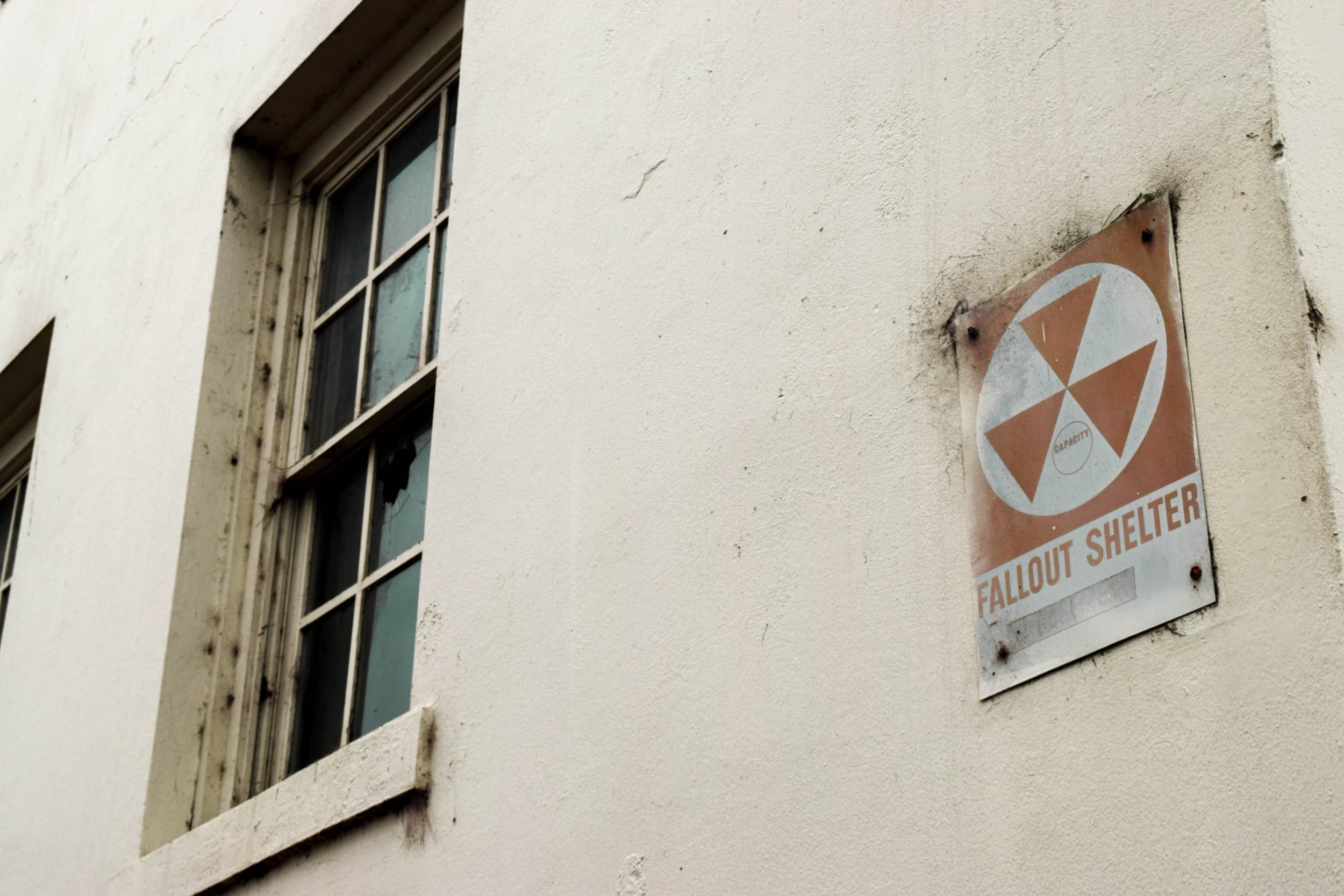
Cold Wars
Associate Professor (McGill University) Lorenz Lüthi published his book, Cold Wars.

